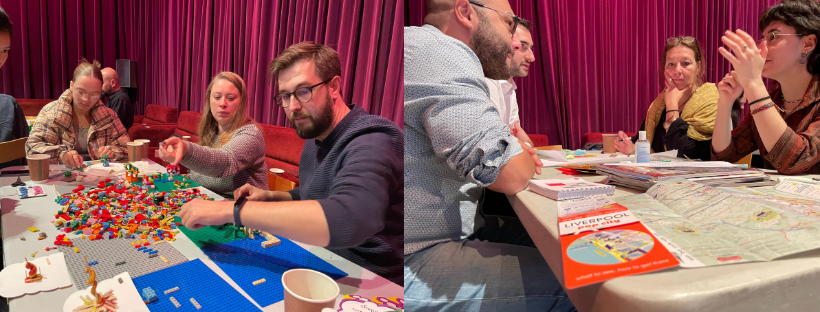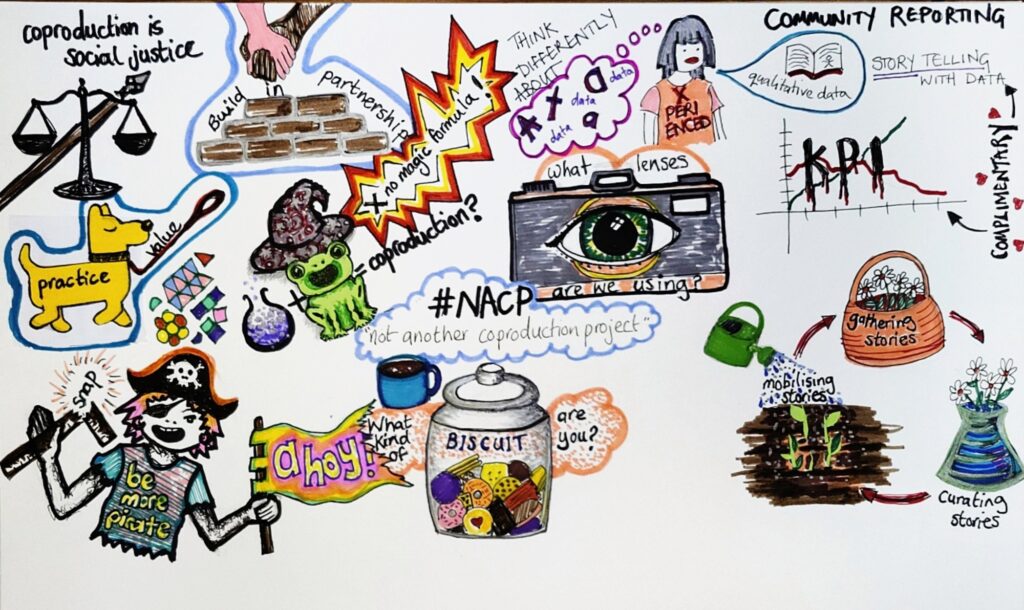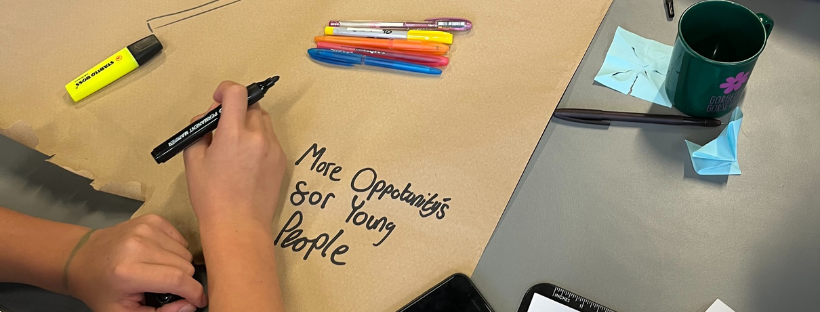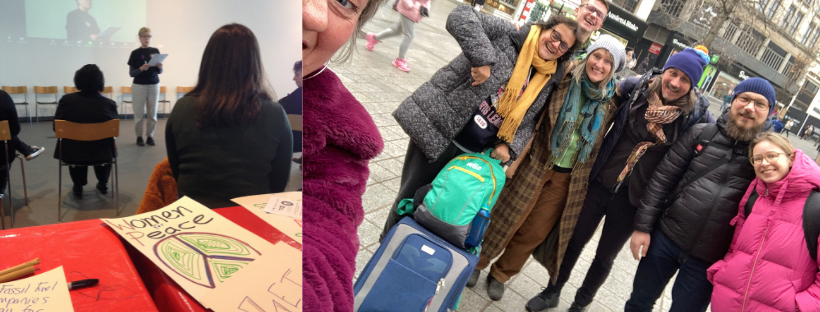ORAL HISTORIES PROJECT
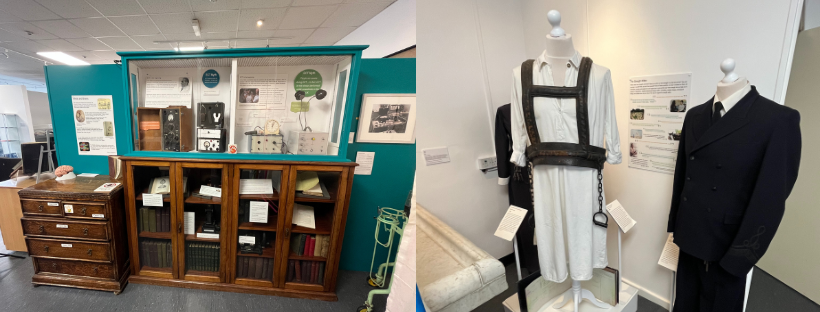
Over the past 6 months PVM have been working with Creative Minds and the Mental Health Museum, on a project looking into people’s lived experience with mental health.
A multitude of sessions have taken place across West Yorkshire, specifically in Wakefield and Huddersfield, sharing Community Reporting techniques and providing the opportunity for people to share their stories.
The project initially set out to speak to people who had a connection to the former Stanley Royd Hospital and Fieldhead Hospital, something which we were able to achieve. Head over to the Community Reporter Website to take a look through and listen to some of the stories that have been recorded as part of the project so far – including accounts from former staff members of the hospitals! What also emerged from the project was a wider collection of stories exploring people’s personal mental health journeys.
We’d like to give a huge thank you to the MHM, Creative Minds and of course everyone who took the time to share their stories and take part in the Community Reporter training sessions.
Whilst PVM’s involvement in the project will shortly be coming to an end – if you want to find out more or contribute your story get in touch with the MHM.
